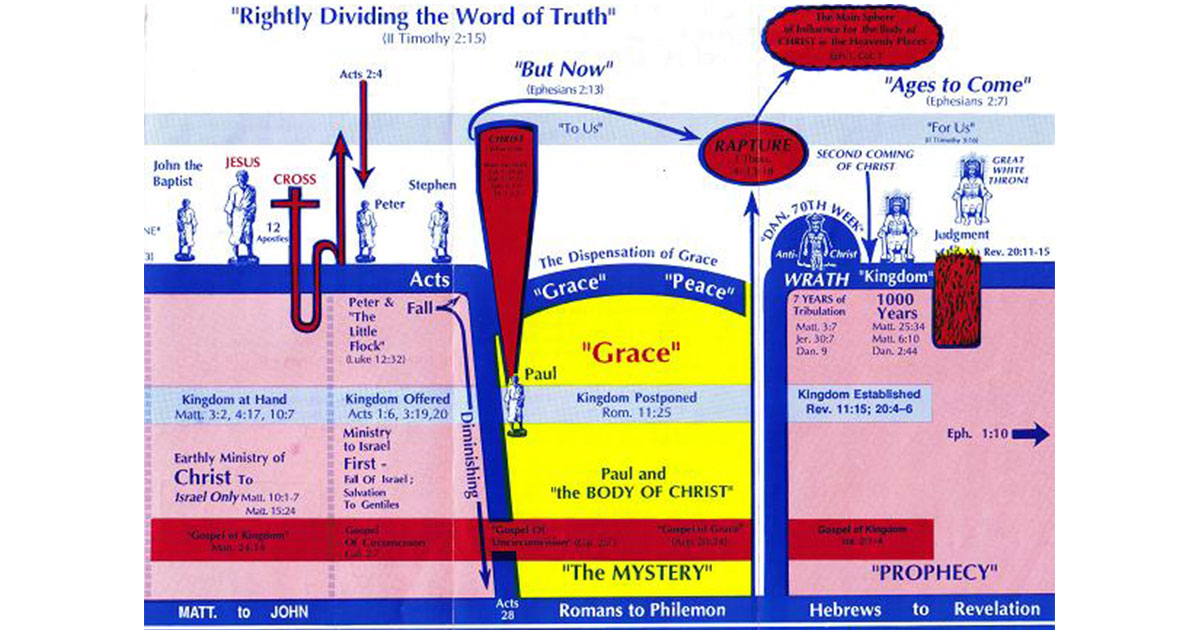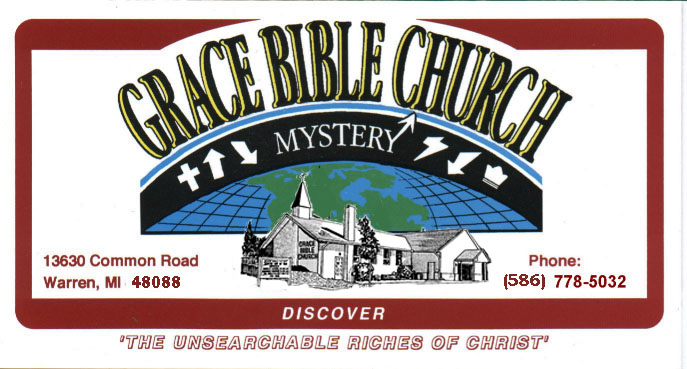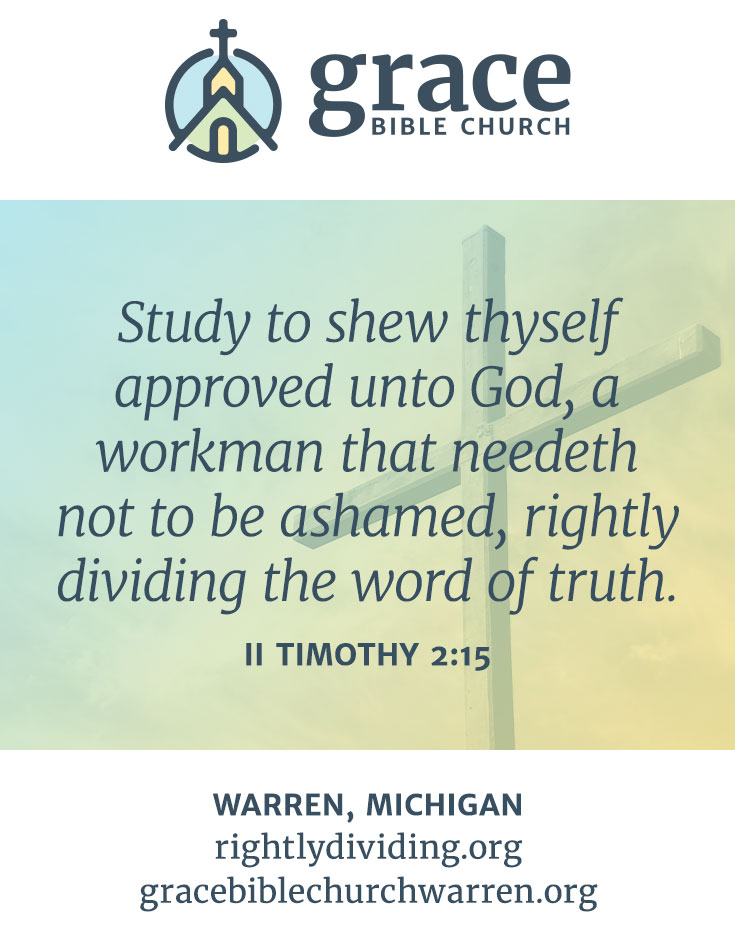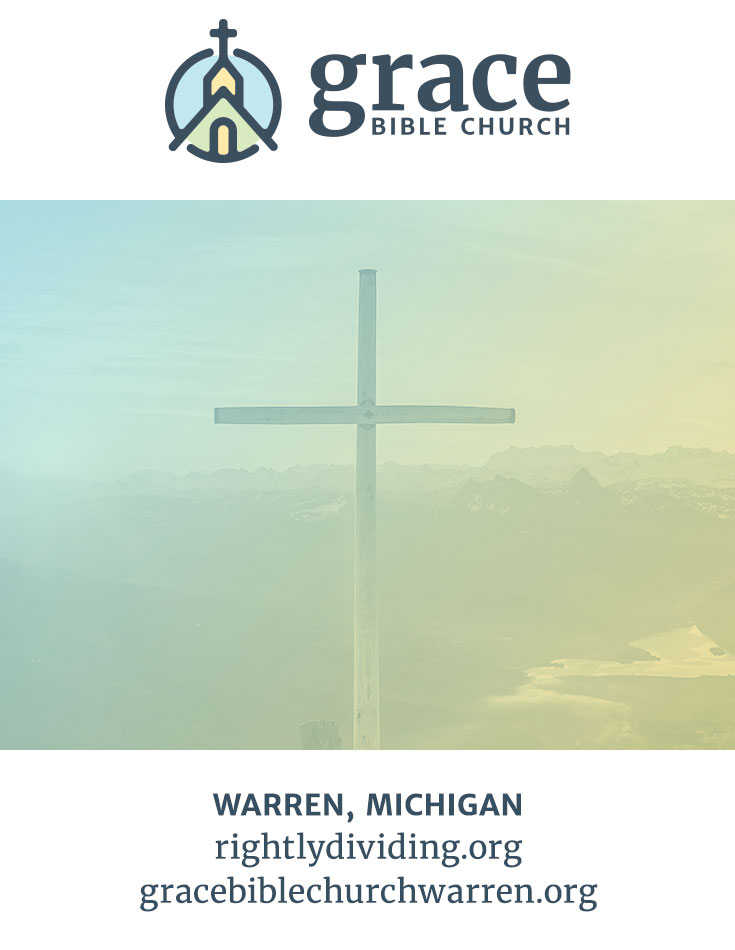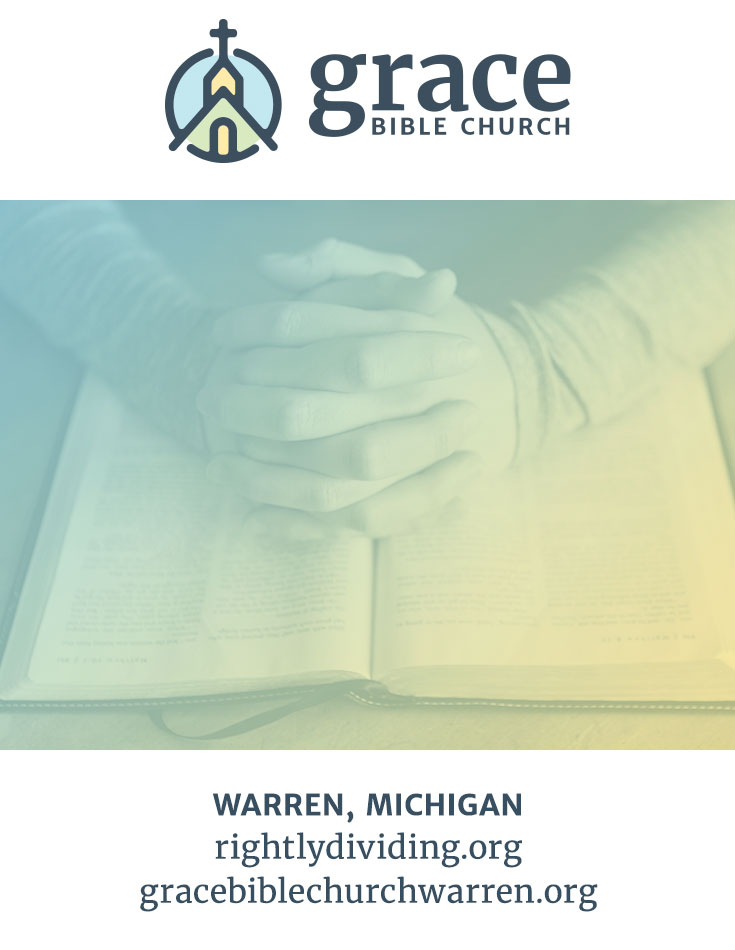Moreover, brethren, I declare unto you the gospel which I preached unto you, which also ye have received, and wherein ye stand; By which also ye are saved, if ye keep in memory what I preached unto you, unless ye have believed in vain. For I delivered unto you first of all that which I also received, how that Christ died for our sins according to the scriptures; And that he was buried, and that he rose again the third day according to the scriptures:
I Corinthians 15:1-4
For by grace are ye saved through faith; and that not of yourselves: it is the gift of God: Not of works, lest any man should boast.
Ephesians 2:8-9
GOD’S PRESENT PLAN OF SALVATION
So often the Biblical word “SAVED” is thrown about without much understanding of what it means. Saved from what? Who needs to be saved? Why do they need to be saved? How can anyone get saved?
The answer to the question “what must I do to be saved” is one that has eternal consequences if you find yourself in error. So what does the Bible say?
I. WHY WOULD I NEED TO BE SAVED? I’M NOT THAT BAD OF A PERSON.
The most basic understanding and Biblical revelation about God is that He is:
a) Creator of Heaven and Earth
b) He is the Judge of the world
c) He is Righteous, absolutely Holy
(Acts 17:24-25, 31; I Samuel 2:2; Isaiah 6:1-5; Revelation 15:3-4)
As God, He sets the standards of right and wrong. And because He is Holy, no sin can dwell in His presence. Therefore, He has set the standard of righteousness according to the measure of His own perfection. To dwell in His presence, one must be as perfect as God.
(Habakkuk 1:13; Matthew 5:48; Revelation 21:8, 10-11, 27)
“Sin” is the problem with which we are all faced. Sin is transgression: stepping over the line, as in trespassing. Sin is an offence to God. We have sinned when we break any one of God’s commandments and thereby have crossed the line and offended God. Simply put, sin is missing the mark of God’s perfection.
(Romans 5:12-14; 7:7, 13-14; I John 3:4)
Since sin is the breaking of God’s law, then all sin is ultimately against God.
(Psalms 51:3-4)
Be assured, everyone has sinned, we’ve all offended God’s justice.
(Romans 3:19, 23; Ecclesiastes 7:20; Psalms 14:1-3)
II. WELL, OKAY, SO I’M NOT PERFECT AND ‘YES’ I HAVE SINNED AGAINST GOD. WHAT PENALTY DOES THAT BEAR?
Just one act of disobedience is a sin and an offence to God which He (as the Judge) must condemn to the judgment of His wrath.
(Romans 1:18; 2:4-6; Ephesians 5:5-6)
Since God hates sin and cannot dwell in the presence of sin, the sinner must be cast out of His presence.
(Luke 9:25; II Thessalonians 1:7-9)
Being condemned under wrath and cast out of God’s presence does not end one’s existence. This speaks of death in the spiritual sense. Death is “separation,” as in “departing from life.” In physical death, our soul and spirit depart (separate) from our body – leaving it lifeless, i.e., dead. Spiritual death is to be cast out of the presence of God – separated from God. Existence apart from God forever and ever is eternal death and damnation.
(Ezekiel 18:4; Romans 6:23; Revelation 20:14-15)
To die without God’s salvation is to lose your soul unto the fires of Hell.
(Luke 16:22-23; Mark 8:36-37)
At the end of time, in eternity future, death and hell will be cast into the torment of the eternal lake of fire.
(Revelations 14:10-11; 20:13-15)
III. NOW I UNDERSTAND MY NEED OF SALVATION, BUT ACCORDING TO THE STANDARD OF THESE VERSES, NO MATTER HOW HARD I TRY, I’LL NEVER MAKE IT, WILL I?
No! God requires absolute perfection and you – being a sinner by practice and by nature – cannot save yourself no matter how hard you try.
(Romans 4:4-5; Isaiah 64:6; Jeremiah 17:5, 7)
Doing what is right and being honest, courteous and helpful to others is part of what God requires of us. But that cannot make up for the times we fail. Doing a good deed does not subtract one bad deed. The good deed is only what is required of us at all times in the first place. So then, there is simply no way for us to make up for the many times we’ve failed.
(Luke 17:7-10; Galatians 3:10; James 2:10)
If we cannot save ourselves, then we need a Savior separate from ourselves who is unlike any other human being. We need a Savior who is separate from sinners.
(Matthew 1:20-23; 3:17; I Corinthians 15:20-22; Hebrews 4:14-15; 7:25-27)
We need a Savior who is perfect and who can find a way to take away our sins yet, at the same time, provide us with the righteousness God requires us to have. The Lord Jesus Christ is such a Savior!
(Romans 3:21-22; 5:17; I Corinthians 1:30; Acts 4:12)
IV. HOW CAN JESUS CHRIST SAVE ME FROM MY SINS?
Jesus Christ is one with God and yet became human by being born of a virgin. Through virgin birth, He is both God and man. Without having an earthly father, Jesus Christ was born without a sinful nature. he did what non of us could do; He lived the perfect life – without ever sinning.
(Luke 2:40, 52; 23:39-41)
In death, Jesus Christ became our substitute and died our death to pay for the penalty of our sins.
(Romans 5:6-8; I Corinthians 15:3-4; I Peter 2:24; 3:18)
II Corinthians 5:21: “For he (God) hath made him (Jesus Christ) to be sin for us, who knew no sin; that we might be made the righteousness of God in him.”
The Lord Jesus Christ not only died for our sins, but He also rose from the dead to become our Living Savior, the Mediator between God and man, our advocate before God the Father, the One who ever lives to make intercession for us.
(Romans 5:10; 8:31-34; I Timothy 2:3-6; Hebrews 5:8-9; I John 2:1-2)
The death, burial, and resurrection of the Lord Jesus Christ has provided for all mankind a complete and total salvation:
- His death upon the cross was for all mankind – everyone, everywhere. (Romans 3:22; II Corinthians 5:14-15)
- His death upon the cross is the payment for all our sins past, present, and future. (Acts 13:38-39; I Corinthians 6:11; Hebrews 10:10, 12,14,17)
- By His death, He has provided the redemption (the payment of the price of our salvation), and by His death He has become our Redeemer. (Romans 3:24; Ephesians 1:7; Titus 2:14)
- By His death, He is the propitiation (the satisfying payment for our sins) to God the Father. (Romans 3:25; I John 2:1-2; 4:9-10)
- His death paid for our sins and His resurrection has become the means for our justification (a sinful person being declared righteous before a Holy God). (Romans 3:24, 26; 5:1, 8-9)
- Through His death, burial, and resurrection, Jesus Christ has taken away our sins and has given His righteousness (the righteousness of God) to all who believe in Him and in His blood. Upon faith, the righteousness of Jesus Christ is imputed (put to the account) of the believer. (Romans 4:3, 21-25; 5:17-21)
So then the death, burial, and resurrection of Jesus Christ has provided the total solution for all of man’s problems before God. Our sins are taken away, perfect righteousness is imputed to us, and sinful man is declared righteous before a Holy God. Yes, the Lord Jesus Christ has provided it all. He has provided the means of reconciling us back to God. (Romans 5:10)
The Dispensation of Grace
We are a Grace Church proclaiming the Salvation by grace through faith in the death, burial and resurrection of the Lord Jesus Christ. The preaching of Jesus Christ according to the revelation of the mystery revealed to us by Paul the apostle of the gentiles; and the grace life – Christ living in us who believe.
God’s Preserved Word in English: the KJV
Bible is our middle name and we strive to live up to that name. The Bible is our final authority which must be rightly divided.
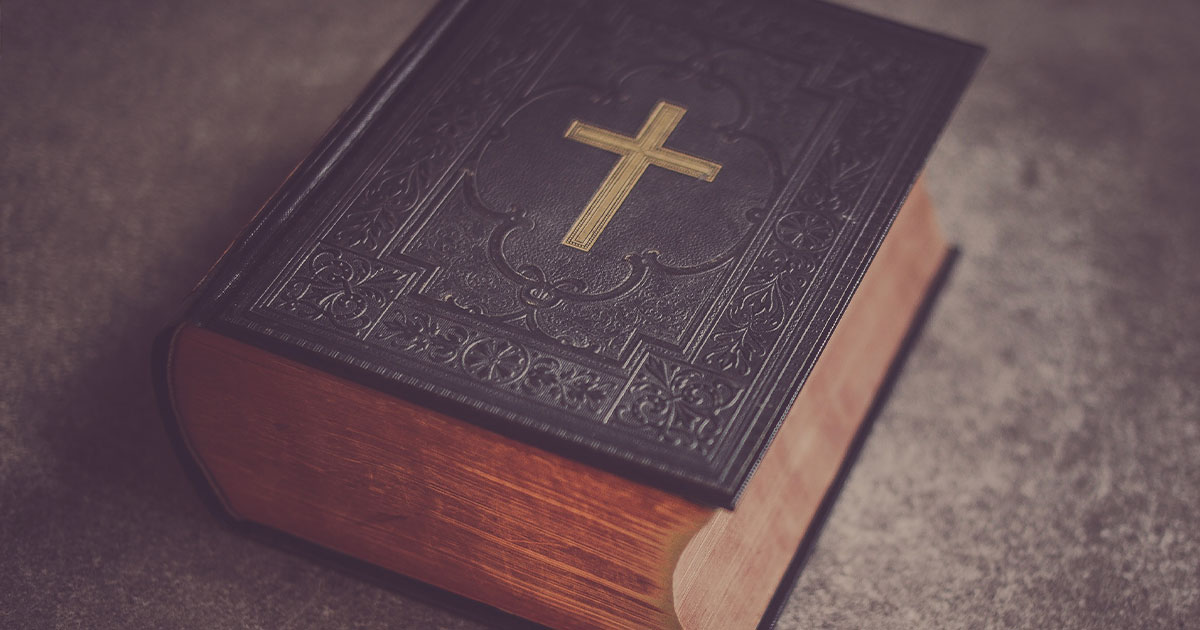
We invite you to study with us
Sunday School for all ages begins Sunday’s at 10:00 AM. The Family Worship Service at 11:00 AM. We meet again on Wednesday evening at 7:00 PM for a time of singing, prayer and Bible Study.

